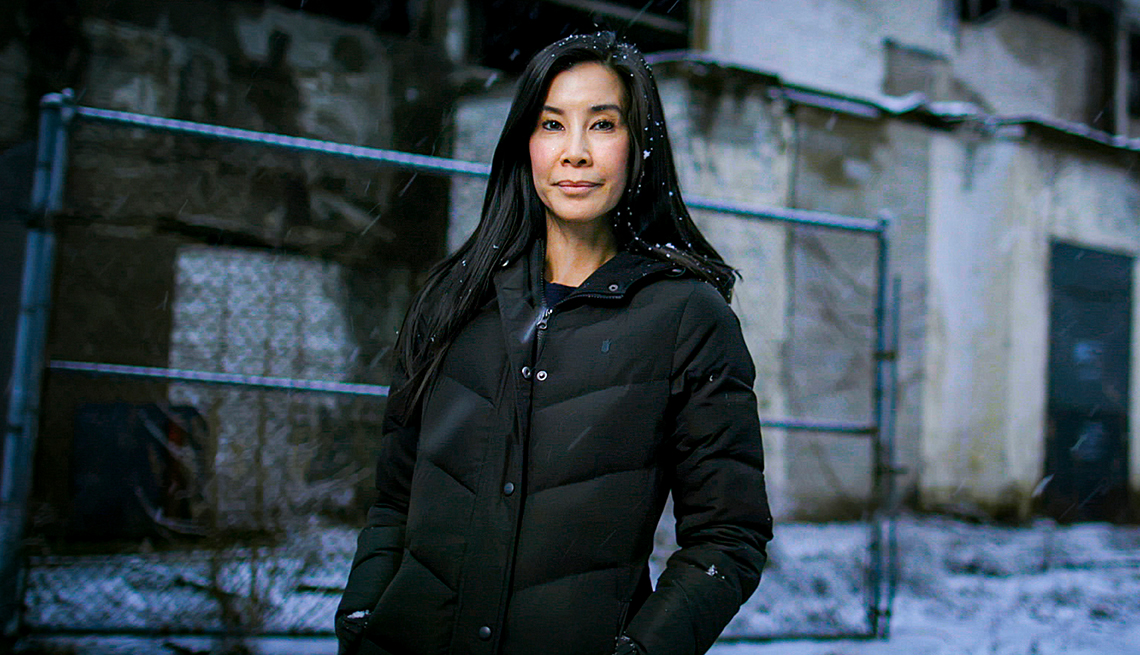
- Select a language for the TTS:
- UK English Female
- UK English Male
- US English Female
- US English Male
- Australian Female
- Australian Male
- Language selected: (auto detect) - EN
Play all audios:
Researchers in New Zealand asked adults ages 64 to 97 to write 20 minutes a day for three days in a row, then took skin biopsies. The arm wounds in the group that had been asked to write
about “upsetting life events” healed much faster than the wounds in the group that simply recorded their daily activities. The reason is not clear, though results in other studies have
correlated writing about trauma with the reduction of the immune-impeding effects of cortisol in the body. And then there are the seemingly minor benefits of journal-keeping that, in my 70s,
are beginning to feel less incidental. I’ve read that assisted living facilities recommend journal writing, not just because it can help stave off memory decline but because wielding a pen
exercises fine motor muscles that enable older people to pick up their pills. It’s not like time’s accelerating arrow is hard to miss when I look at my trove of handwritten notebooks. I
often hear my now-dead father’s voice. He was not a journal-keeper. “Dad,” I once told him, “the unexamined life is not worth living, according to Socrates.” “The over-examined life might
not be worth living either,” he replied. For sure. But in any archive of journals, a depth of insight accrues over time. There’s what you registered in the moment that you thought worth
writing about, and there’s what you can see between the lines years later, reviewing the accounts you made. It took me a long time to learn that if you want to know what the past felt like —
if you want to experience again the living pulse and texture of time that has come and gone — you have to write the facts, not the feelings. Emotions are ageless, almost ahistorical, and
the charge of a particular feeling at 20 is virtually indistinguishable from the charge of the same feeling at 70. It’s the specific context of facts that enables us to tell one instance of
loneliness or joy or heartbreak from another. Of course, if you have kept a journal all your life, there are going to be pages you cannot reread without cringing. Pages of heedlessness,
selfishness, sexual mania; pages of faux pas and broken promises; a veritable Himalaya of molehill love problems and fruitless attempts to resist becoming a fully-fledged cliché. So many
entries will leave you thinking you might have been better off if you’d used a disposable camera instead of a pen. Because even in the cascade of words, something is always missing. The
immense mystery of an ordinary afternoon. That last chess game. Bob Marley softly on the radio singing “Waiting in Vain.” A copy of _Backstage_ with upcoming auditions circled in red. A blue
paper cup of Dominican coffee. A green-eyed cat drowsing on the bed. An anecdote about an amusing dinner with someone who either knew Jack Lemmon’s daughter or maybe was Jack Lemmon’s
daughter. Who will remember any of it? Or any of these words clinging to the past like a diminuendo of frail notes subsiding into silence? Whoa! I seem to have hit some heavy weather. Need
to wrap this up. Get to my journal. Turn the page.








